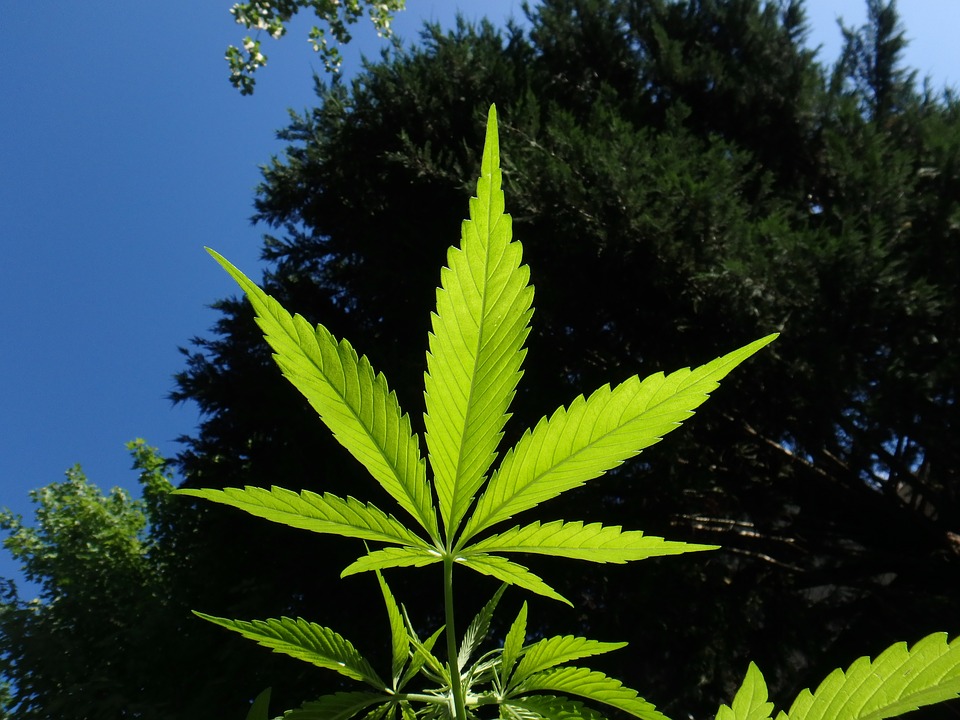New Delhi, 16 November 2024: The rise of bird flu, known as avian influenza, has sparked serious concerns among health experts regarding its potential to ignite another pandemic. Why does this matter? First, while infrequently, bird flu has been known to infect humans. Second, the virus can mutate, possibly making it more contagious. Third, with our global travel connections, a localized outbreak could swell rapidly. Fourth, poultry farming could face economic fallout as a result. Lastly, the experiences from COVID-19 remind us of the critical need to remain alert. So how could bird flu potentially lead to a new pandemic? Experts are monitoring this closely and advocating for readiness and swift response measures.
What is Bird Flu?
Bird flu is an infectious disease from several subtypes of the influenza A virus that primarily targets birds but can also infect humans and other animals. The most infamous strain, H5N1, has led to multiple outbreaks in poultry and carries a high mortality risk for humans. It’s essential to grasp the virus’s biology to evaluate its potential for a pandemic.
Transmission and Mutation Risks
Bird flu mainly spreads through direct interaction with infected birds or through contaminated environments. The danger increases with mutations that facilitate easier transmission among humans. Experts alert that if a strain capable of spreading efficiently between people arises, it could lead to widespread infections, mirroring the global spread of COVID-19.
Past Outbreaks and Their Impact
In the past, bird flu has triggered localized outbreaks but has not yet caused a pandemic. The H5N1 strain, first spotted in 1997, resulted in a small number of human cases primarily in Asia. Conversely, the H7N9 strain that appeared in 2013 exhibited a greater potential for human infection. These historical outbreaks remind us of the virus’s capabilities and the necessity for continuous monitoring.
Lessons from COVID-19
The COVID-19 pandemic underscored the critical role of quick responses and global collaboration in tackling infectious diseases. Experts stress that the insights gained from COVID-19 should shape our approach to any upcoming bird flu threats. Factors such as early detection, clear communication, and coordinated global strategies are crucial for minimizing risks.
Current Situation
Presently, health organizations are vigilantly observing bird flu outbreaks, especially in regions like Asia and Europe where the virus is more prevalent. There are surveillance systems actively tracking infections in both birds and humans. Experts push for enhanced preparedness, which includes developing vaccines and stockpiling antiviral drugs to tackle possible outbreaks.
If bird flu were to result in a pandemic, the consequences could be severe. Measures like lockdowns and travel restrictions, reminiscent of those during COVID-19, might be necessary for controlling the spread. This could trigger profound economic drops, affecting sectors such as tourism, hospitality, and agriculture. The social repercussions would also be significant, with disruptions to daily life and heightened mental health challenges.
Read Also – Indore Hospital Shocker: 7 Doctors Hurt as Family Calls Goons Over Non-Availability Of Bed For Their Child
Experts hold varying views on the likelihood of bird flu causing a pandemic. Some argue the risk remains low due to the current patterns of transmission, while others warn against being complacent. Dr. Jane Smith, a virologist, emphasizes, “We must stay alert. The possibility for mutation is real, and we can’t overlook this virus.” Dr. John Doe also points out the crucial role of public awareness and education in preparing communities for future outbreaks.









